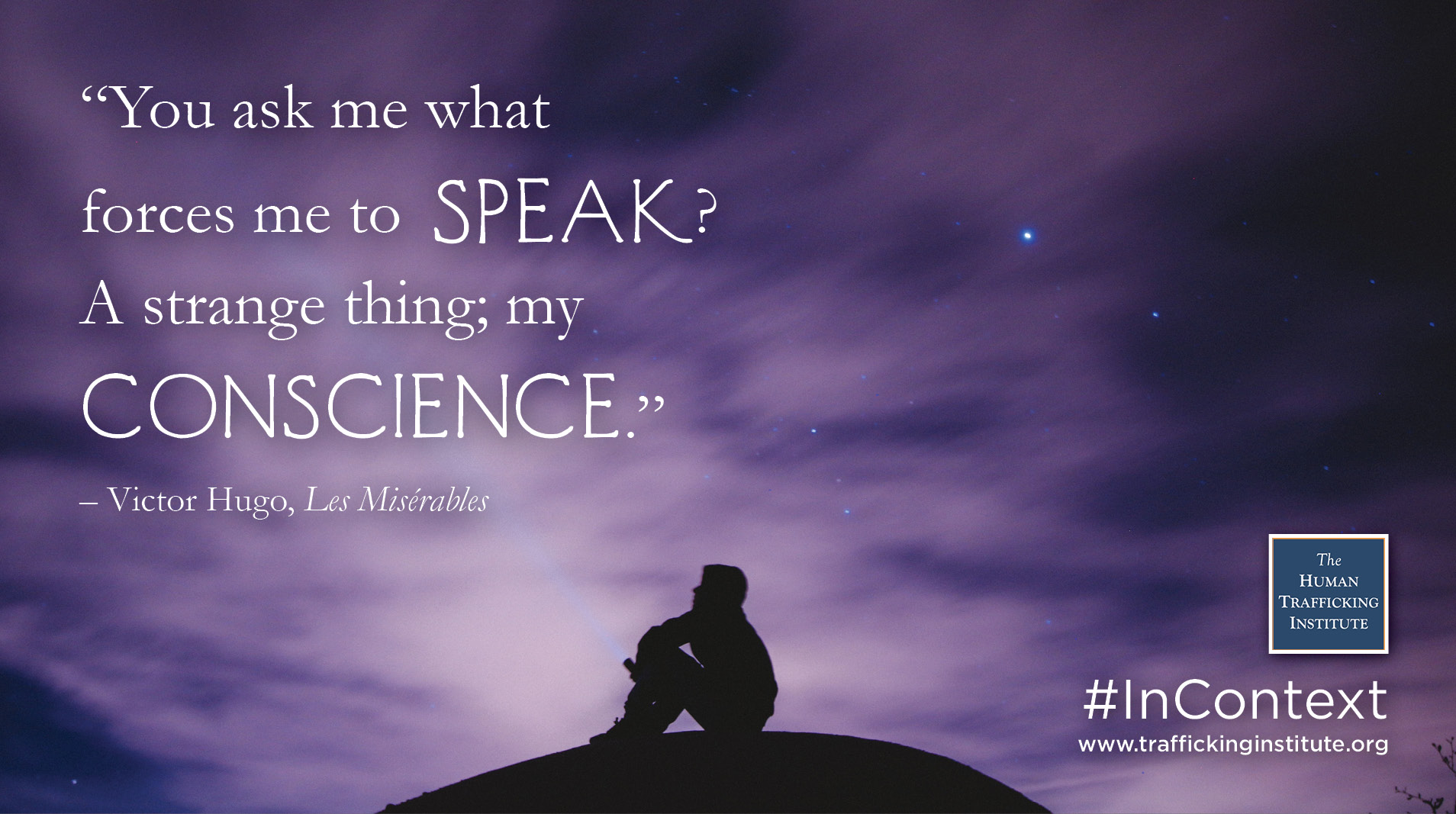Victor Hugo was born into a world of war on February 26, 1802, in Besançon, France. His father, a general in Napoleon’s army, moved their family often and clashed with his royalist mother. His parents had a tumultuous relationship without a great depth of love, so it was perhaps the beauty of poetry that turned Hugo into a romantic. At just 14, Hugo was immersed in writing. He later studied law at the Lycée Louis-le-Grand secondary school, but his heart stayed with his writing, and he published his first set of poems in 1823.
He fell deeply, obsessively in love with a childhood friend, Adele Foucher, while he was still a teenager. This young love was a situation ripe for the romantic tropes for which a poet can only hope. Their parents disapproved because of their age, and Hugo’s mother hoped he would marry into a higher-class family. But, this did not stop the couple from meeting secretly and exchanging copious amounts of love letters. After his mother’s death in 1821 and at the age of 19, Hugo married Adele.
It is perhaps this experience with Adele that inspired some of his greatest works which explore the depths of romance with wonder and exhilaration. Only someone who has been enthralled in love can write the words of Marius in Les Misérables:
“Never had the sky been more studded with stars and more charming, the trees more trembling, the odor of the grass more penetrating; never had the birds fallen asleep among the leaves with a sweeter noise; never had all the harmonies of universal serenity responded more thoroughly to the inward music of love; never had Marius been more captivated, more happy, more ecstatic.”
In addition to romance, Hugo wrote eloquently on politics in his work. Although originally identifying as a royalist, he became increasingly liberal. He published many poems and plays about Napoleon while disparaging the French monarchy. Additionally, he strictly opposed the death penalty and slavery, which is littered through his work. Although his plays were popular, his real success was in the publishing of his novel Notre-Dame de Paris in 1831, which translates to The Hunchback of Notre Dame.
However, his success did not translate back home, where his wife’s youthful infatuation was waning. Though the nature of their relationship is controversial, Adele ended up in the arms of one of Hugo’s friends and famous literary critic Charles Augustin Sainte-Beuve. It was during this time that Hugo also adopted mistresses. He maintained various affairs until his death, though he never separated from Adele.
In 1841, Hugo was honored by being admitted into the prestigious French Academy, a group of thinkers committed to setting literary standards, which boasts members such as Voltaire and Jean Jacques Rousseau. But personal tragedy struck when one of his five children, Léopoldine, drowned with her husband in 1843. In his grief, he turned once again to the page and began working on a novel, which would be title Les Misérables, or The Wretched.
With political upheaval once again in the French Revolution of 1848, Hugo supported the presidency of Prince Louis-Napoléon and the new republican government, but Hugo was in danger after a coup in 1851 reestablished authoritarian rule. After trying to resist the new empire, Hugo was exiled to Brussels, Belgium, which resulted in 19 years of traveling around Europe looking for refuge. It was during this time that some of Hugo’s most remarkable poetry for its depth of thought and political insight emerged. He also found the strength to continue his abandoned novel Les Miserables, which was published in 1862.
Les Misérables, is a powerful story of justice through forgiveness set during the French Revolution. It opens with the prisoner Jean Valjean, who is put on parole after 19 years of servitude for stealing a loaf of bread. The newly freed man wanders into a monastery, where he steals some silver and escapes with it. However, when he is caught by the police and returned to the bishop, the bishop insists he gave Valjean the silver saving him from more imprisonment.
This act of mercy spurs Jean Valjean to have a complete life change. He becomes a respectable town mayor but is continually worried about his past as a detective Javert is still intently searching for him. After rescuing an ill prostitute of desperation, Fantine, he promises to care for her child Cosette, which he carefully does for many years while living in a secluded monastery. Even with these safeguards, a grown Cosette falls in love with a rich boy turned revolutionary named Marius. When Jean Valjean finds out about their love, he fears that Marius will be killed in the French Revolution, and he goes to the barricade to protect Marius. While there he discovers the revolutionaries




